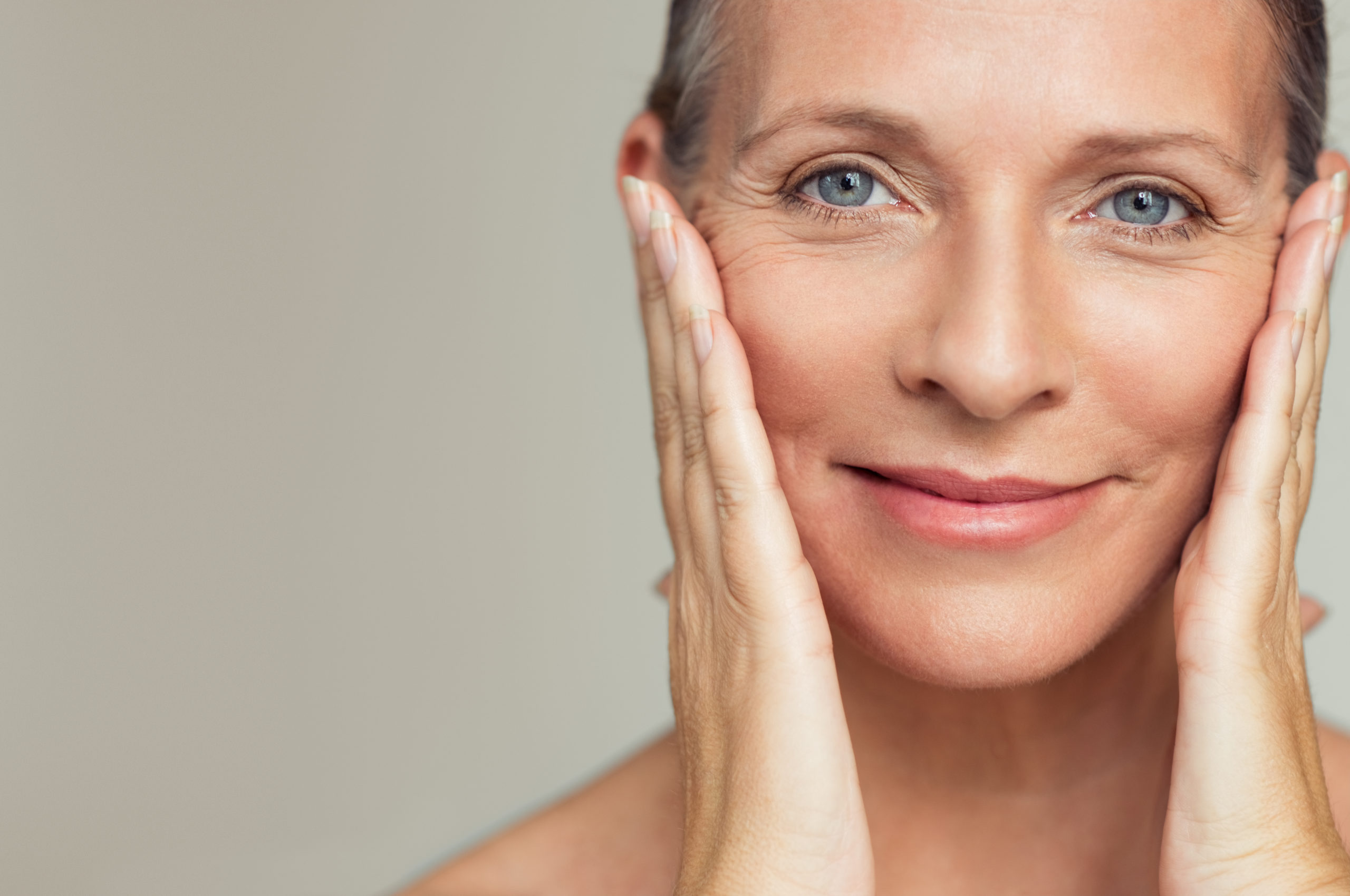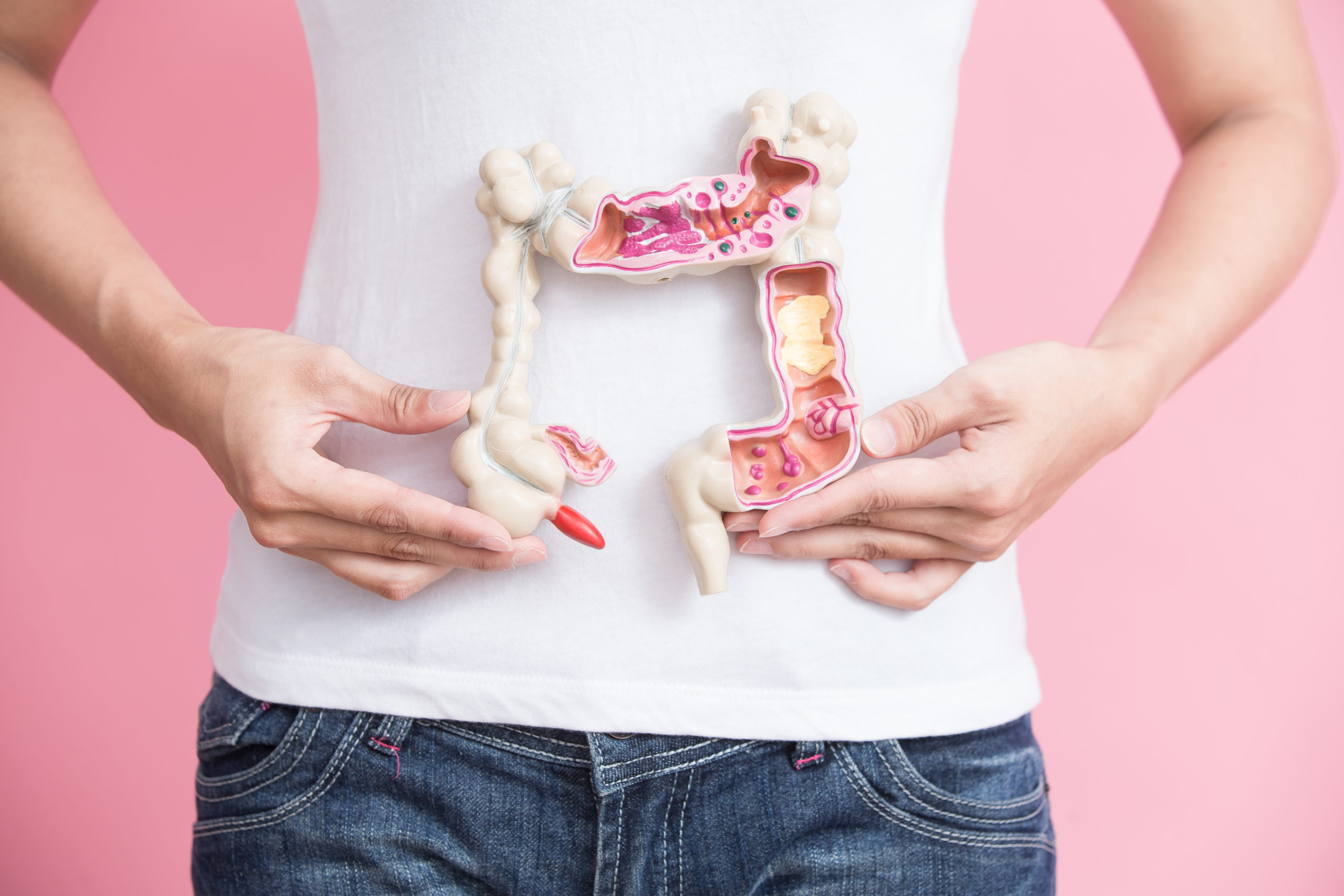
Vaginal Dryness – A Silent Problem
About Vaginal Dryness
Vaginal dryness can affect any woman. However, after menopause it is very common, affecting over half of post-menopausal women aged between 51 and 60. This article will help you to understand vaginal dryness, the symptoms, causes and treatment, and allow you to approach your health care professional with confidence. It will help you to understand that you are not alone in suffering from this common condition and encourage you to take the first steps towards regaining your sexual confidence and quality of life.
Vaginal Moisture
Natural lubrication produced by glands at the neck of the womb (the cervix) keeps the vagina supple and moist. The moisture moves slowly down through the vagina, keeping it clean and removing dead cells. The vaginal moisture is slightly acidic, and this helps to keep the area healthy, preventing infections such as fungal infections. It is perfectly normal for most women to notice a slight white vaginal discharge.
During sexual excitement the Bartholin’s glands (two glands at the entrance of the vagina) produce extra moisture to aid sexual intercourse. However, a quarter of women aged 50-59 experience vaginal dryness problems during sex and 16% experience pain.
Before Menopause
Pre-menopausal Causes of Vaginal Dryness
Around 17% of women aged 18-50 experience problems with vaginal dryness during sex, even before the onset of menopause. Many women may experience vaginal dryness during sex because they are not sexually aroused. This is often caused by insufficient foreplay or psychological reasons such as stress. Other reasons for vaginal dryness before menopause can be linked to hygiene products such as feminine sprays and harsh soaps, swimming pool and hot tub chemicals and some washing powders. Certain drug treatments such as allergy and cold medications and some antidepressants, can also dry out mucous membranes, including vaginal tissues.
Vaginal dryness can be a common problem for pre-menopausal women with low levels of estrogen, such as breastfeeding mothers, those who have had a hysterectomy, or have received chemotherapy.
Pre-menopausal women who have their ovaries removed (oophorectomy) during a hysterectomy are likely to experience menopausal symptoms, including vaginal dryness. This is due to a loss of hormones (estrogen).
The hormonal changes that women experience due to chemotherapy also tend to be dramatic and abrupt, leading to more intense symptoms. Chemotherapy can damage the ovaries so that they no longer produce estrogen. This lowers the amount of vaginal lubrication produced. Decreased amounts of estrogen also leads to a thinner, less elastic, and more fragile vaginal lining.
Non-estrogen Options
There are a few simple ways in which to lubricate a dry vagina:
- – Lubricants – these are similar to natural lubrication and should be applied to the area around the lips (vulva) and vagina just before sexual intercourse takes place.
- – Vaginal moisturizers – these are used two to three times a week and last for up to three days. Therefore, they do not have to be applied directly before sexual intercourse takes place.
After Menopause Begins
The average age of the onset of menopause is 51, and after menopause begins, women find that their bodies change. The ovaries stop producing the hormone estrogen and estrogen levels begin to decrease. One of the early signs of reduced estrogen on the vagina is reduced lubrication during sexual activity.
Without the production of estrogen, the skin and support tissues of the lips (vulva) and vagina become thinner and less elastic, and the vagina can become dry. Approximately half of postmenopausal women experience vaginal dryness.
Symptoms of Vaginal Dryness
After menopause begins, problems with lubrication and painful sex are more likely to occur. Thinning of the skin around the vagina makes it more easily damaged. This damage can often occur during sex, especially if lubrication is poor – even gentle friction can cause pain and discomfort. Painful sexual intercourse can then have a secondary effect of contributing to a loss of sexual desire. Relief of symptoms often leads to an increase in sexual desire and arousal.
Other Symptoms
Pain at other times – in many cases vaginal dryness does not only cause pain during sex. It can make it uncomfortable to sit, stand, exercise, urinate or even work. Vaginal dryness can affect everyday life, whether women are sexually active or not. This can have a detrimental effect on quality of life. Many women also notice that having a cervical Pap smear becomes more painful or difficult.
Change in the appearance of the vulva and vagina – it is common for the vulva to look different; the lips will be much thinner.
Changes in the vagina are less easy to see. Changes to vaginal discharge – many women also find that their vaginal discharge changes, becoming more watery, discolored and slightly smelly. They may also experience irritation and a burning feeling. These symptoms can be worrying, but they are due to hormonal changes and not an indication of something more serious.
Emotional impact – vaginal dryness can make women feel different. Changes to the body can be difficult to accept and pain and discomfort caused by the condition can lead to a loss of self-confidence and sexual confidence.
For many women these symptoms can lead to confusion as they are similar to symptoms of some sexually transmitted infections or fungal infections (e.g., yeast). Some women assume this to be a vaginal infection such as yeast and buy over-the-counter remedies, which can make the problem much worse. As this is an embarrassing problem, many women keep it to themselves and this can put a large strain on their relationship with their partner, especially if women feel unable to tell their partner why they are not interested in sexual activity.
Premature Menopause
Around one percent of women experience premature menopause (also called premature ovarian insufficiency). This is when menopause begins before the age of 40. Premature menopause can be an extremely difficult time for a younger woman with difficult physical and emotional changes. Premature menopause is associated with subfertility which is for many women the most serious and upsetting consequence. However, for young women vaginal dryness can also impact their relationship with their partner and their sex life.
A Silent Problem
Despite the high number of women experiencing problems related to vaginal dryness, it is still a silent problem. Many people feel embarrassed to talk about it to their partners, friends and even health care professionals. Only a quarter of affected women seek treatment.
Remember, women spend approximately a third of their lives in a post-menopausal state and they need to try to maintain the quality of life that they had before the onset of menopause. Vaginal dryness does not need to be treated as an inevitable part of growing older – something can be done about it.
Things to look out for if you think you may be experiencing vaginal dryness:
- – Do you experience pain, irritation, burning or dryness during sex?
- – Do you experience bleeding or spotting during or after sex?
- – When you go for your Pap smear test, has it become more difficult or uncomfortable?
- – Has the appearance of your genital region changed?
What To Do Next
Recognizing that vaginal dryness is normal and common is the first step to helping yourself. The next step is to talk to your doctor, who can recommend treatment options that suit you.
Treatment
- – Local estrogen – this is available in the form of small tablets (inserted into the vagina with an applicator), vaginal cream, or a ring. The cream needs to be inserted vaginally every day for two weeks and then twice a week indefinitely. The vaginal ring needs to be removed and replaced every three months. Vaginal dryness can respond well to local estrogen treatments. They can also help greatly with discomfort and pain during sex and help regulate bacteria in the vagina.
- – Systemic estrogen – this is available in different forms, such as oral medication (not recommended due to blood clot risk), topical creams, patches, and pellet therapy.
- – Ospemifene (Osphena) – a tablet treatment that has an estrogen like effect in the vagina, suitable for some women who are not candidates for vaginal estrogen.
- – Vaginal laser therapy – uses a CO2 laser to deliver fractionated light and thermal energy to assist in vaginal mucosa revitalization.
- – Avoid perfumed soaps.
- – Lubricants and moisturizers can be useful, particularly for women who are not suited to estrogen replacement.
- – Take more time during sexual intercourse giving the Bartholin’s gland time to produce the maximum amount of lubrication before sexual intercourse.
Tips For Talking To Your Doctor About Vaginal Dryness
Discussing vaginal dryness with a healthcare professional (HCP) can be daunting. However, it is often well worth it as they will be able to help. Here are a few tips to make the discussion as easy as possible:
- – Make a list of what you want to discuss.
- – Discuss the most important or most difficult questions first.
- – Write down what the HCP tells you.
- – If there is anything that you don’t understand, ask for clarification.
- – Don’t wait to be asked. Give the HCP any information that you may feel is relevant including a history of the condition, symptoms, the impact they are having on you, any lifestyle factors that may have contributed and any medication you are taking.
- – Many women find that their Pap smears become more difficult. If this is the case, speak to the HCP about your symptoms and ask for some further information and advice about vaginal dryness.
Vaginal Dryness Summary
- – Vaginal dryness is a very common problem and affects more than half of women after the onset of menopause. However, some women may experience problems with vaginal dryness before menopause begins.
- – Vaginal dryness is a painful condition which can impact on quality of life and relationships.
- – There are a number of effective treatments that can treat vaginal dryness easily and effectively.
- – Vaginal dryness can be an embarrassing condition but it needs to be addressed. It is well worth discussing your symptoms with your HCP and also your partner.
Connect With Us
Check out our blog for more information on vaginal dryness and other health-related topics.
Follow us on Facebook and Instagram @PeterMLotzeMD for health and wellness tips and more!



